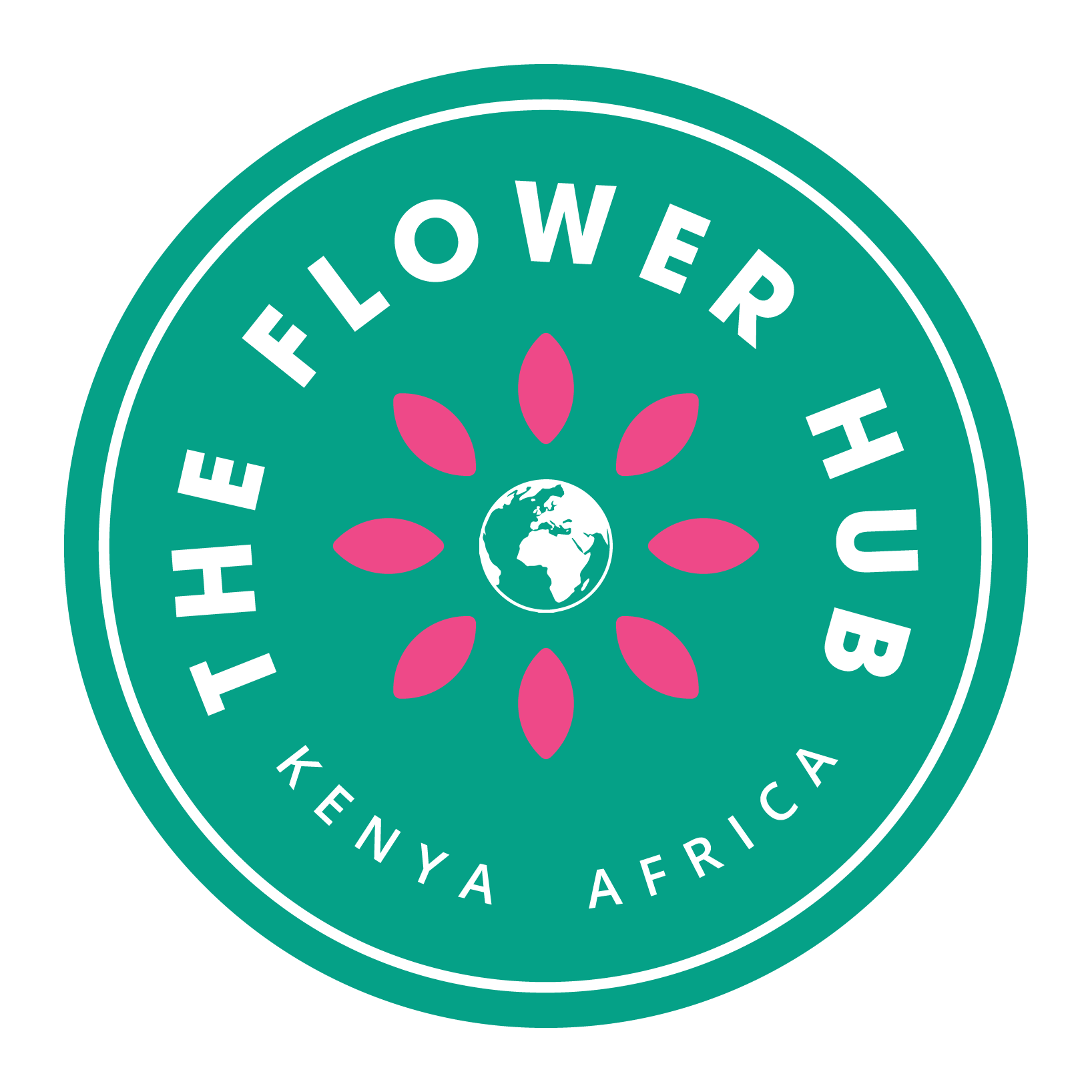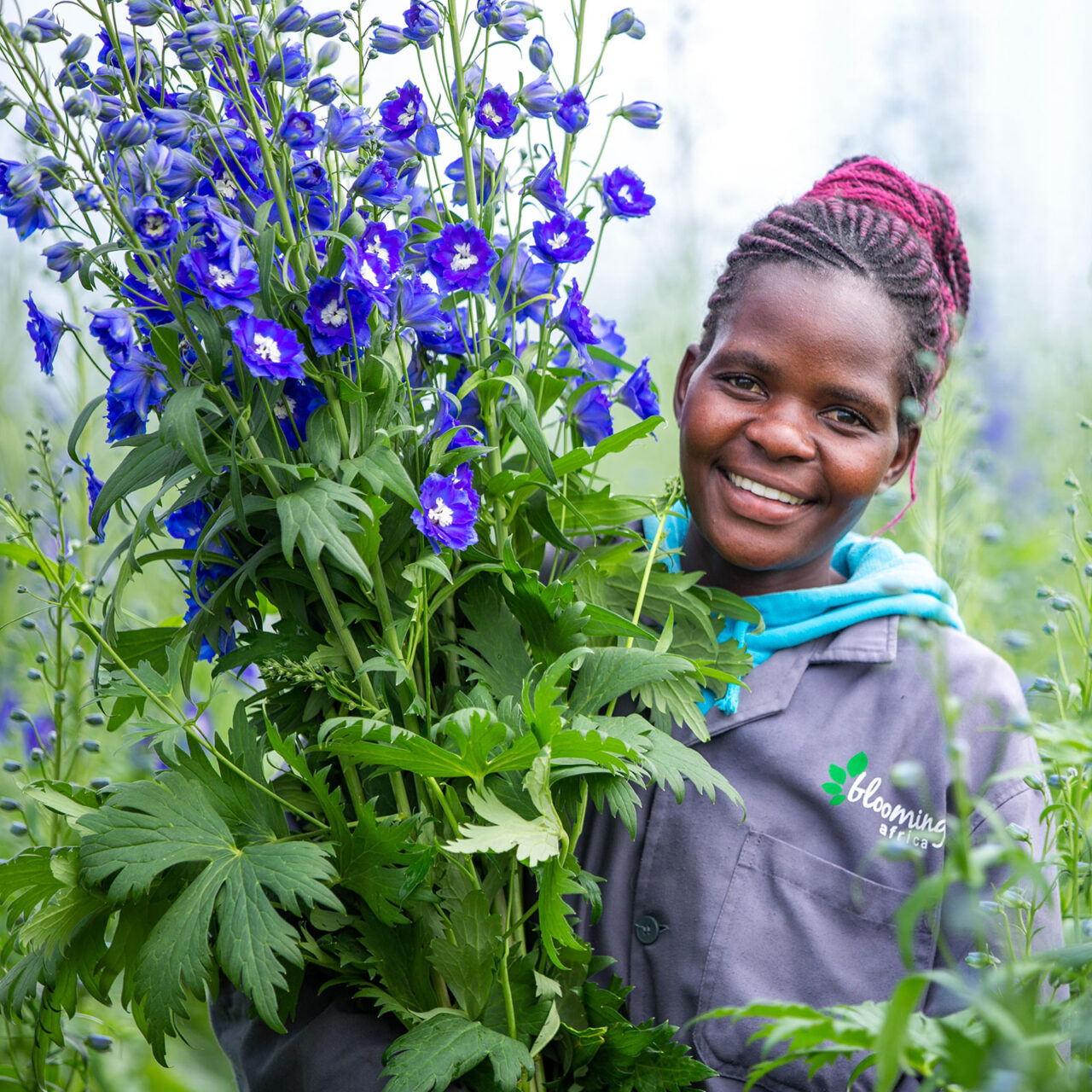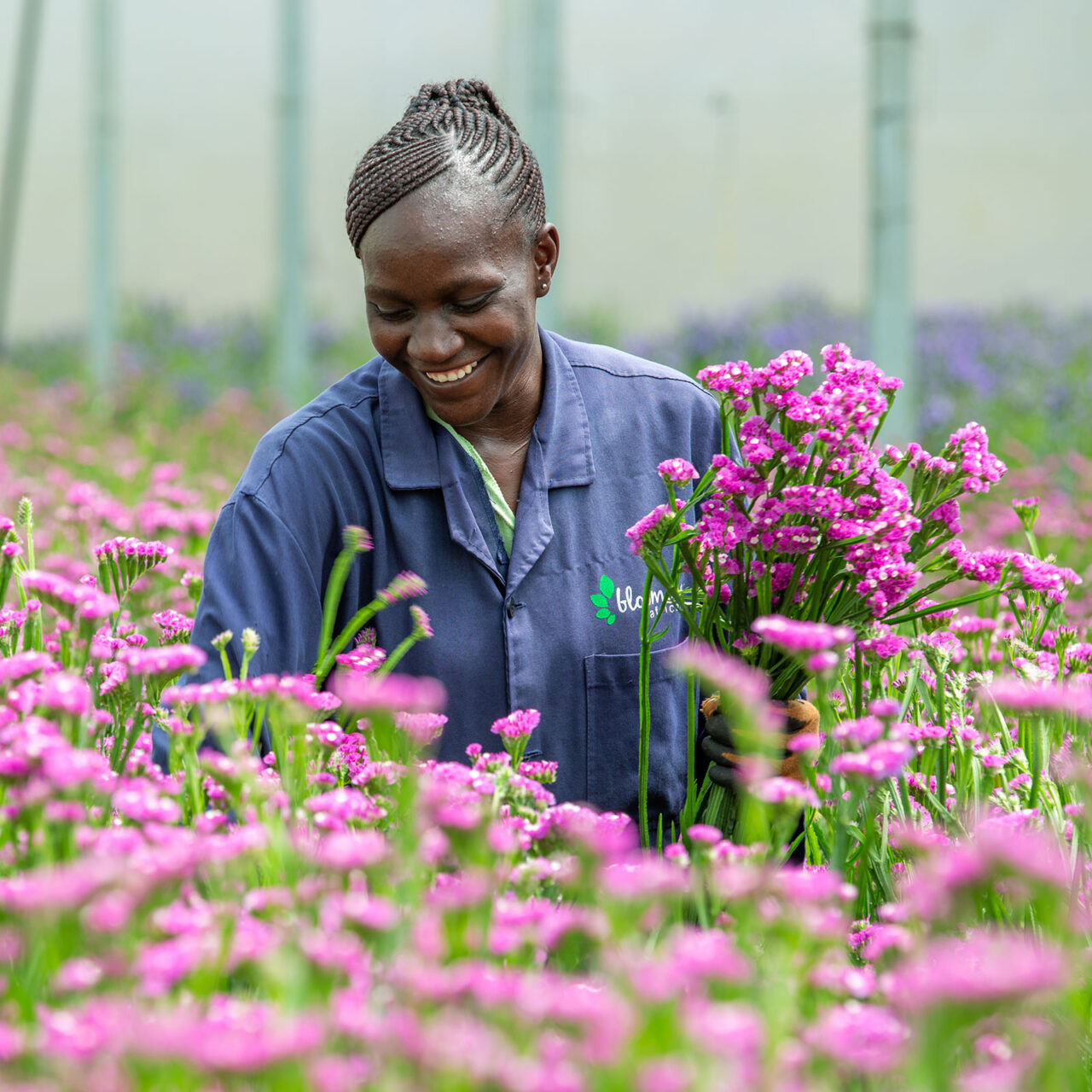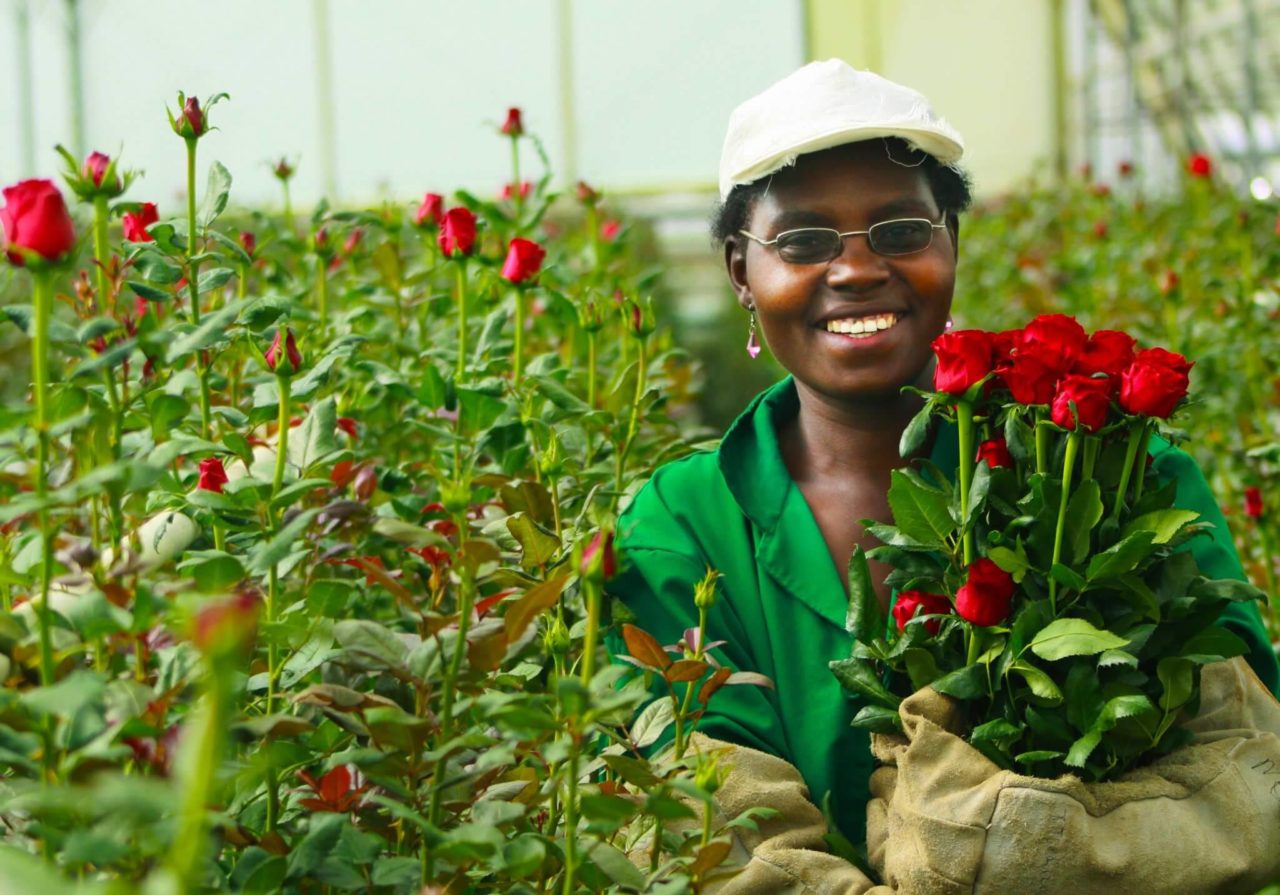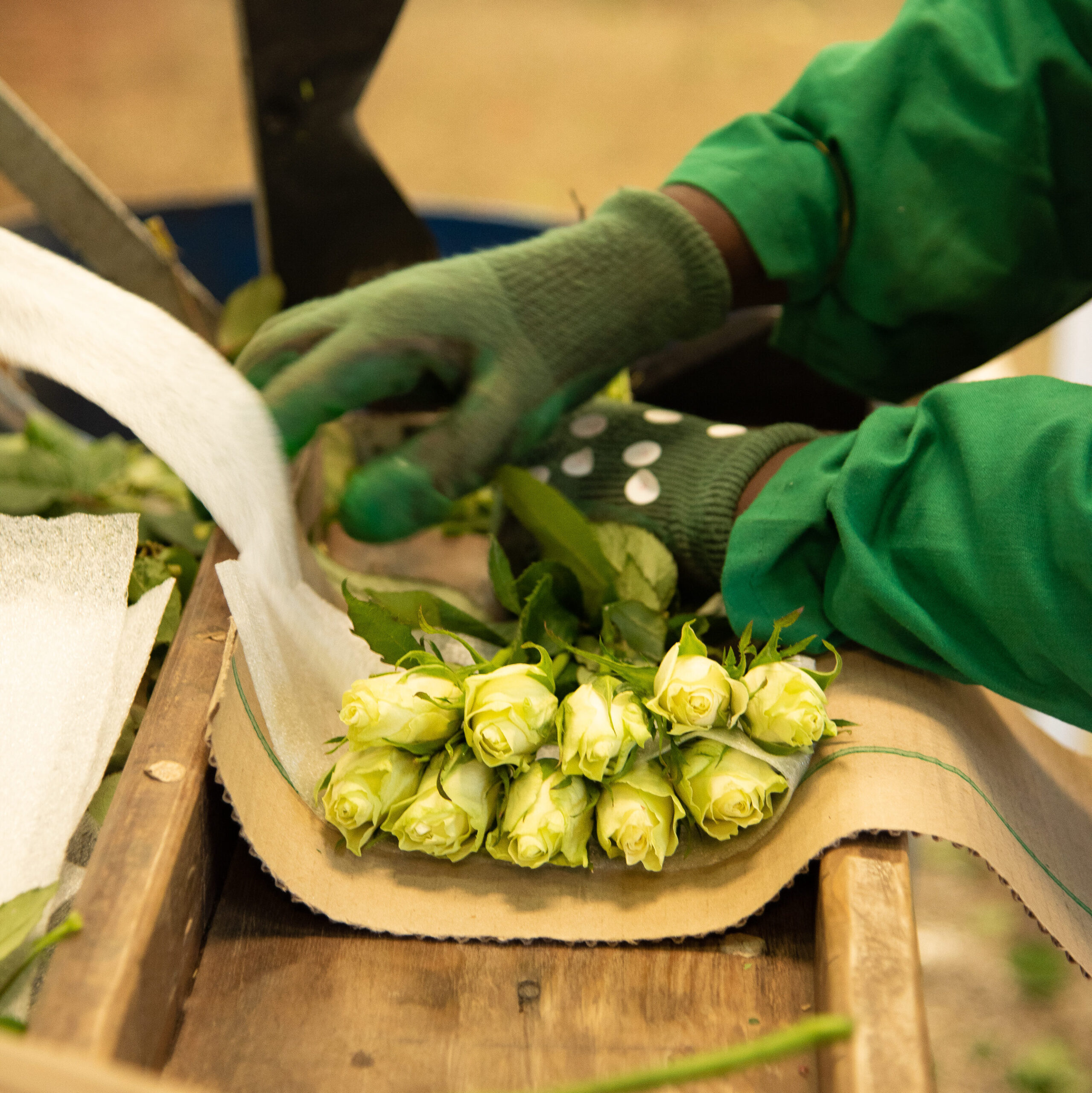Kindly researched and written by Billy Coulson, a founding shareholder of The Flower Hub
Kenya’s horticulture sector is often heralded as one of sub Saharan Africa’s principal post-independence success stories… To read Part 1 first, please click here.
Part 2
The next significant development in the industry in Kenya was the emergence of two other seminal projects in the late 1970s and 1980s.
RGR Evans (Dicky) was born in Cornwall in 1946 . He is still the owner of The Hemingway’s Hotel Group and not only a former Kenya and East African Rugby International, but the current owner of The Cornish Pirates Rugby Club .
Evans trained as a Civil Engineer at Kings College London graduating in 1967. Evans then landed a job which brought him to Uganda in 1969 as a consulting Engineer for the World Bank. Whilst lecturing at Makerere University, three of his fellow engineers were murdered in cold blood by Idi Amin. This resulted in Evans returning to Europe only to come back to Kenya in 1971 .
Homegrown
In 1982 Evans saw an opportunity and, along with a long term fishing friend, the late Patrick Pape, set up Homegrown on a rented Farm in Naivasha growing and exporting strawberries to the UK retailers. Very quickly there was urgent need for expansion and Flamingo Farm was purchased from Edward “Tubby” Block and further development of both KARI and Pelican Farms saw Homegrown emerge by the late 1980s as the major force in fruit and vegetable exports out of Kenya. In 1989 Homegrown ventured for the first time into flower production and by 1994 Homegrown had developed a vertical integration model between Kenya and the UK and controlled the entire supply chain.
Throughout the 1990s Homegrown continued to expand purchasing the former DCK Naivasha Project from Commonwealth Development Cooperation in 2000- who had purchased it from Unilever in the late 1990s. This vast expansion of land area enabled Homegrown to significantly increase not only their own vegetable production, but also their roses. It was Homegrown, who in the late 1990s and early 2000s, were seminal in opening up the Mt Kenya area for flowers and vegetable production as a second major production base for the entire industry after Naivasha. It was also Homegrown who perfected and pioneered the ‘packed at source’ and direct-supply line model of flowers and vegetables to all the major UK Retailers.
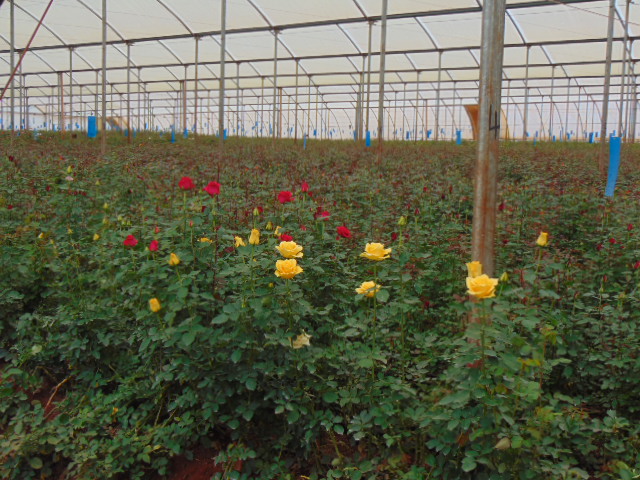
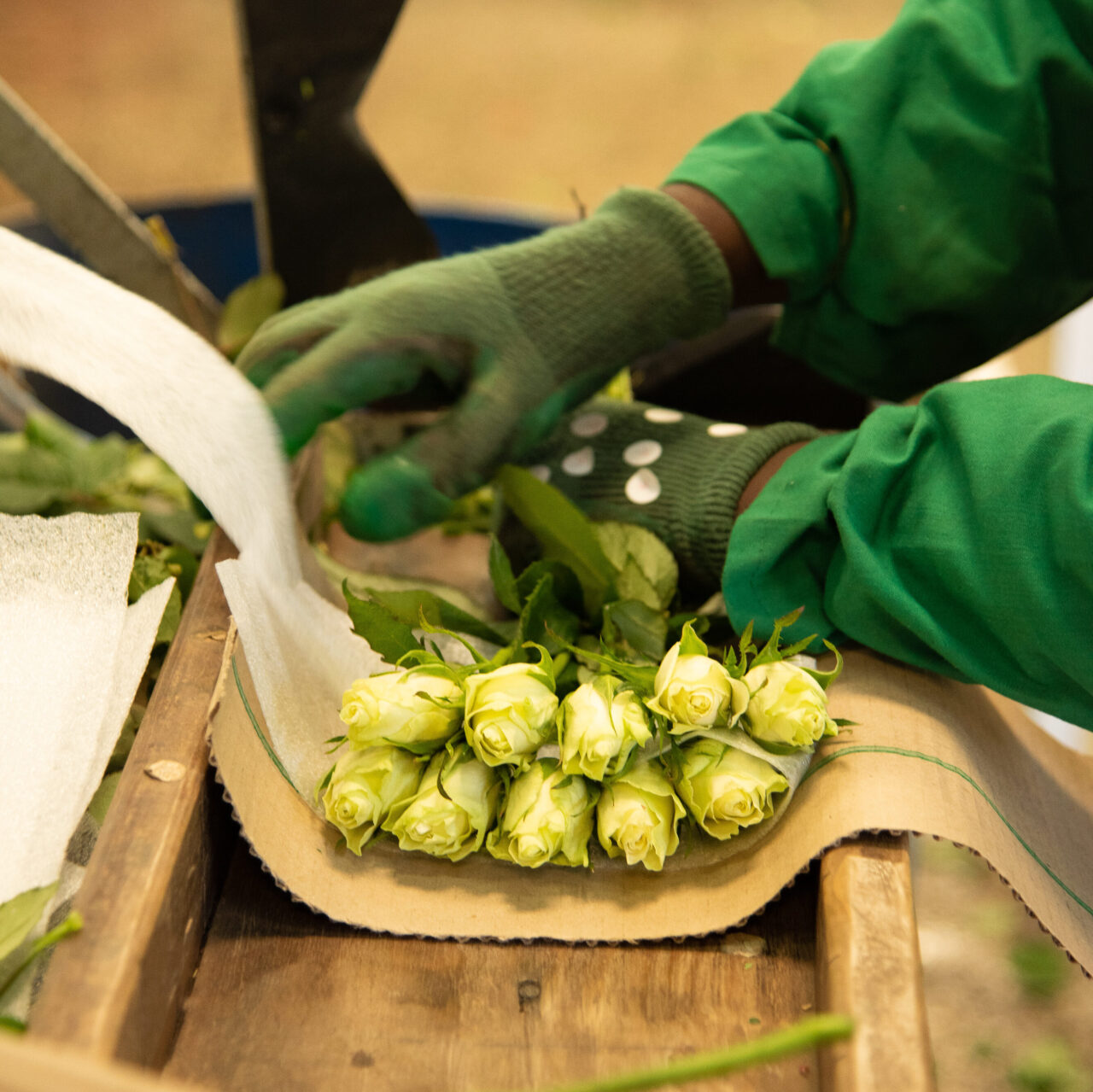
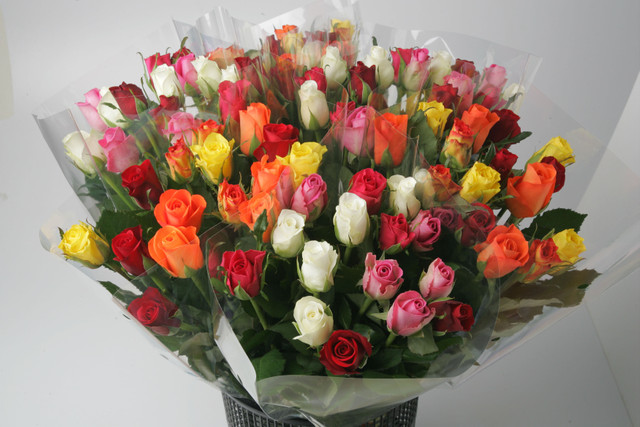
Homegrown > Flamingo > Finlay’s > Sun Capital Partners
By 2007 Flamingo Holdings, which overtime Homegrown had morphed itself into, had grown into the third largest exporter of cut flowers and vegetables in Kenya. It had grown into a multimillion $ vertically integrated horticultural business: growing, processing, freighting marketing and distributing cut flowers and fresh vegetables to the United Kingdom. It had six major production sites in Kenya and employed close to 6000 people.
In May 2007 it was sold to James Finlay Limited, a wholly owned subsidiary of John Swire & Sons Ltd. The primary rationale for this purchase by James Finlay was to facilitate their move from their traditional role as a cut flower producer to a vertically integrated cut flower supplier with UK access. The business was then further on sold to Sun Capital Partners in 2016 and is now one of the world’s leading growers and suppliers of cut flowers (sales of GBP 1.5 bn annually) fresh vegetables and house and garden plants. With over 22,000 employees and 1300 ha of production in Kenya and Ethiopia it remains right at the top of the industry.
… to be continued in Part 3…
To sign up to our Newsletter to get more insight and innovations from The Flower Hub, please fill in the box found at the bottom of our home page.
